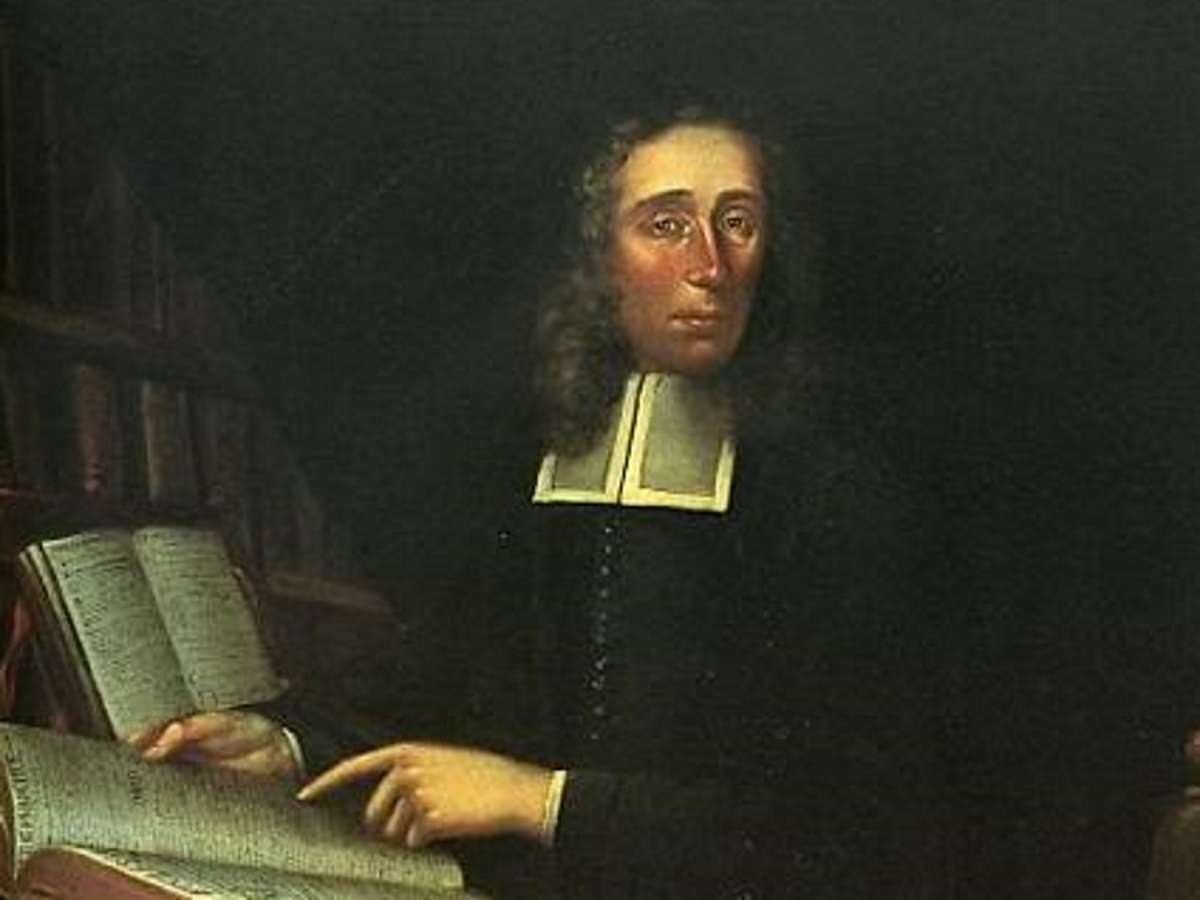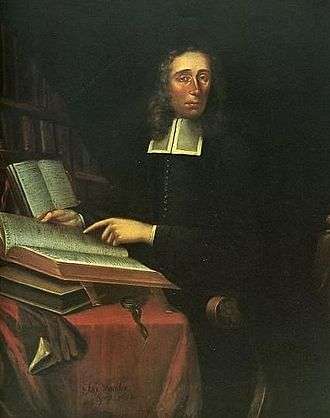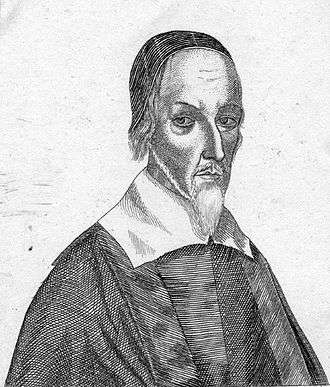Puritans considered child-rearing one of their most important duties in life, and it began with the name given to the newborn. Puritan names in early New England were meant either to remind a child of moral qualities, Biblical characters, family relations or a dead sibling.
Sometimes that didn’t go so well for the child.
Take Mahershalalhasbaz, for example. Or Mene Mene Tekel Upharsin.
You just hope the Puritans allowed nicknames.
All those crazy names stemmed from the ‘Puritan naming revolution’ that took place in England in the 16th and early 17th centuries.
Why the Puritan Names
So-called hortatory names encouraged good Christian behavior.
A Puritan minister compared a good name to “a thread tyed about the finger, to make us mindful of the errand we came into the world to do for our master.”
A five-year-old girl aboard the Mayflower had the name Remember. Perhaps her parents wanted her to think of England.
Some Puritans went to extremes when naming their children, like the parents of Nicholas If-Jesus-Christ-Had-Not-Died-For-Thee-Thou-Hadst-Been-Damned Barbon. Shorter names include Mortifie Hicks and Humiliation Scratcher.
Not all the hortatory Puritan names invited ridicule. Puritans named their daughters Hope and Constance, for example.
Increase Mather, born in 1639, was so named in the midst of the Great Migration of Puritans. “Increase” meant “…the never-to-be-forgotten increase, of every sort, wherewith God favored the country about the time of his nativity.”
The hortatory Puritan names didn’t always work. Ffly-from-Fornication Bull, for example, got pregnant in a woodshed owned by a Puritan named Goodman Woodman.
Family Values
The New England Puritans valued family ties, and children often had the surname of a grandparent as a first name. So Increase Mather named his son Cotton after his maternal grandfather, John Cotton.
Puritans often named their firstborn after their mother or father (never a godparent, considered Popish).
The Puritans loved to name their children after people in the Bible. In 17th century New England, 80 percent of children had Biblical names. Boston Puritans gave 90 percent of their children first names from the Bible. An even greater percentage of children in Concord — 91 percent — had Biblical first names; in Hingham, 95 percent.
In 17th century Massachusetts, Puritans named half of all girls Sarah, Elizabeth or Mary for their moral qualities. Obedient, hard-working Ruth was also one of the popular Puritan names. So were the names of the female prophets, Anne, Hannah, Deborah and Huldah.
Yes to John, No to Jesus
John was the most popular of the Puritan names for boys, followed by Joseph, Samuel and Josiah. Not so popular: Moses, Adam, Abraham and Solomon.
Not all Biblical names were equal. Almost never did the Puritans name their children Jesus, Angel, Emmanuel or Christopher. The Puritan minister Thomas Adams explained, “Emmanuel is too bold. The name is properly to Christ, and therefore not to be communicated to any creature.”
Michael and Gabriel, the archangels, were popular names in Anglican Virginia but not in Puritan Massachusetts. The Puritans thought they were ‘not fit for Christian humility.’
But why Notwithstanding Griswold and Maybe Barnes? Maybe their parents shut their eyes, opened the Bible and pointed at a word.
Bizarre Puritan Names
The really bizarre Puritan names came with the small percentage of immigrants from the county of Sussex in England. A 17th century list of jurors from that county included Make Peace Heaton and Be Faithful Joiner. Also from Sussex: Fight the Good Fight of Faith White, God Reward Smart and Kill Sin Pemble.
But Dancell-Dallphebo-Marke-Antony-Dallery-Galleiy-Caesar takes the cake for the longest and weirdest name.
The minister Adams objected to such extreme Puritan names. “[I]t is a petulant absurdity to give [children] ridiculous names,” he wrote. “The very rehearsing whereof causeth laughter.”
Some parents gave their children names meant to remind them of the world’s evil. Humiliation Hynde doubled down on that effort: He named both of his sons Humiliation Hynde.
Praise-God Barebone, a leather worker, served in Parliament in 1653. Oliver Cromwell had handpicked him and other ‘godly men’ to serve after the Puritan victory in the English Civil War. It was called the Barebones Parliament, rather than the Praise-God Parliament.
Hezekiah vs. Amos
The New England Puritans often named a child after a dead sibling. In Concord, Mass., Ephraim and Elizabeth Hartwell, married in 1732, had five children named Ephraim, Samuel, John, Elizabeth and Isaac. By 1740, they all died from throat distemper. The Hartwells then had nine more children; five had the names of the ones who died.
The New England Puritans also kept in mind their station in life when naming their children.
Historian David Hackett Fischer makes note of the name of Hezekiah, the king of Judah. It appeared on early New England muster rolls 10 times as often for officers as for enlisted men. But Amos, the name of a simple herdsman, was generally more common among the rank and file, he wrote.
With thanks to Albion’s Seed: Four British Folkways in America by David Hackett Fischer. This story about Puritan names was updated in 2022.




7 comments
My ancestor was named Bezaleel. Bezaleel was the chief artisan of the Ark of the Covenant.
Following on from the Puritans, here is the story of a uniquely named woman, once a resident of Ipswich, Mass. https://www.facebook.com/groups/ipswichhistory/permalink/1924066511190933/
Not quite in the early Puritan settler group, my favourite ancestor’s name is Zerubbabel JEROME [b. 1715, Windham CT], who who named two of his sons [one died] Zerubbabel – 1745ish, 1750ish. None in later generations, it appears.
And then there’s my children’s Mayflower connection to Resolved WHITE, son of Wm and Susannah WHITE. Another ‘firm’ name!
I do have a few interesting and by today’s standards, unfortunate names in my family tree. My fifth great grandfather was Preserved Tripp (1742 – 1801). I guess he was saved from the fall! Then there’s my eighth great grandparents Thomas Fish (1649 – 1684) who married Grizzel Strange (1645 – 1691), the Strange Fish wedding! But the name that takes the cake is their son’s. I don’t know if he was smoked, pickled, or dried, but his name was Preserved Fish!
[…] Names carried great importance to the early New England Puritans. And so when Gorgeana agreed to join Massachusetts, the Puritans decided to rename it York. The name York carried a special sting because it was the name of a Royalist city in England that fell to the Puritan Parliament during English Civil War. […]
[…] Names carried great importance to the early New England Puritans. And so when Gorgeana agreed to join Massachusetts, the Puritans renamed it York. Gorges had died by then, but the Puritans undoubtedly didn’t want to honor the Royalist who tried to take away their charter. The name York carried a special sting as it was shared by the Royalist city that fell to Parliament during the just-ended English Civil War. […]
[…] From the Biblical to the Bizarre: Puritan Names […]
Comments are closed.